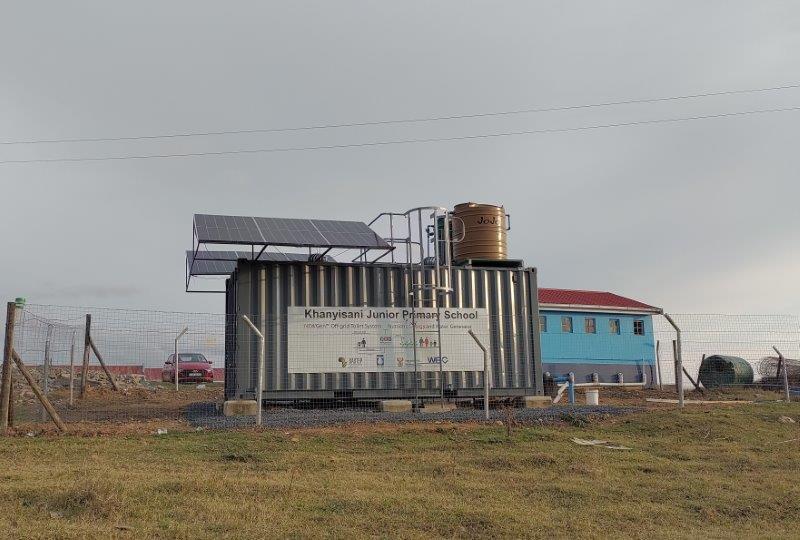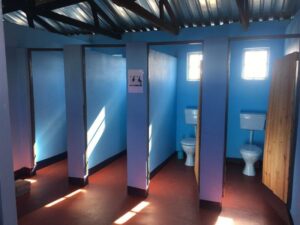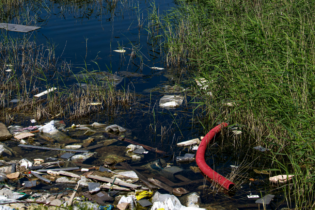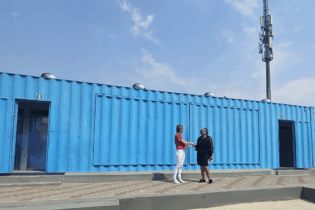WEC Projects’ NEWgenerator system is a promising alternative to dangerous pit and chemical toilets, particularly in areas where water is scarce. It addresses sanitation, access to water, and energy independence.
Kirsten Kelly interviews Wayne Taljaard, managing director of WEC Projects, about the system’s commercialisation and lessons learnt from pilot projects. “We are now tendering on a commercial bid, and have seen increased commercial interest in the product. This has happened after a long period of prototyping with a focus on simplifying the technology and providing a product that can be manufactured and supported locally,” explains Taljaard. The NEWgenerator was developed by the University of South Florida in the USA and built under licence in South Africa by WEC Projects. It is a compact, off-grid, modular sewage treatment solution that can be housed inside a refurbished shipping container. Tested extensively in India and then in South Africa, the NEWgenerator was piloted in conjunction with the University of KwaZulu-Natal in the eThekwini area. A permanent unit imported from the USA was installed in a small, informal community called Slovoville in Soweto with the assistance of Johannesburg Water. Another system was installed at an Eastern Cape primary school and was designed and built for African conditions by WEC Projects.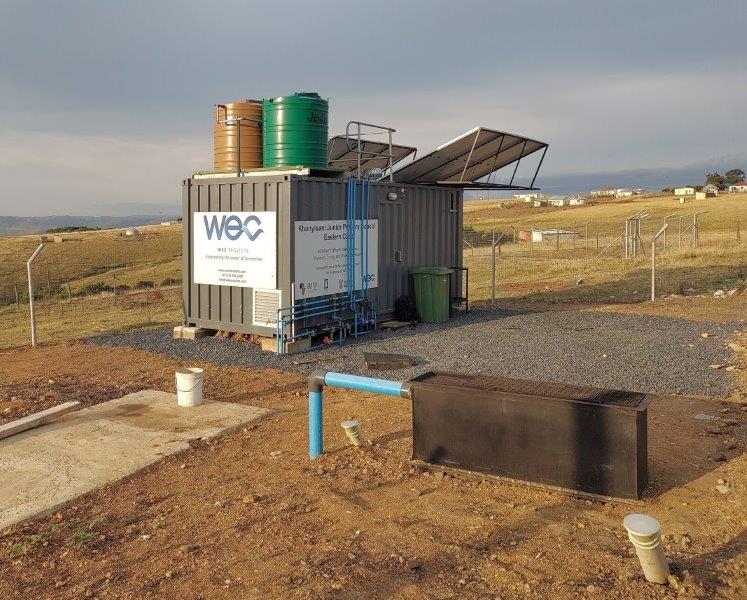
Simplifying technology and reducing costs
Taljaard adds that people managing the NEWgenerator system are not trained water professionals and have no supervision. “They can be a janitor or a handyman that may not have an education or even be literate. He or she will not use a human-machine interface (HMI) but will typically communicate a problem over the phone and the team from WEC Projects must respond remotely. These plants must therefore be operationally simple to run but also have the functionality in the backend for remote monitoring.”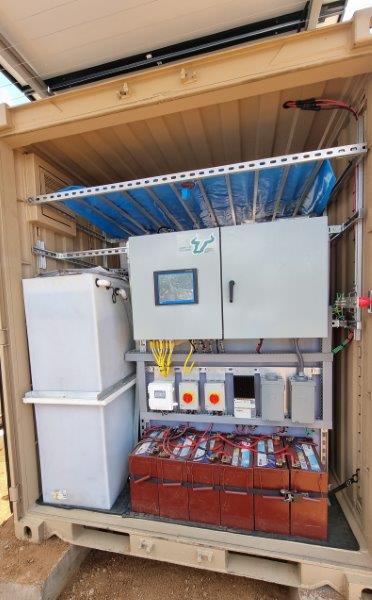 Taljaard adds that people managing the NEWgenerator system are not trained water professionals and have no supervision. “They can be a janitor or a handyman that may not have an education or even be literate. He or she will not use a human-machine interface (HMI) but will typically communicate a problem over the phone and the team from WEC Projects must respond remotely. These plants must therefore be operationally simple to run but also have the functionality in the backend for remote monitoring.”
Taljaard adds that people managing the NEWgenerator system are not trained water professionals and have no supervision. “They can be a janitor or a handyman that may not have an education or even be literate. He or she will not use a human-machine interface (HMI) but will typically communicate a problem over the phone and the team from WEC Projects must respond remotely. These plants must therefore be operationally simple to run but also have the functionality in the backend for remote monitoring.”Sanitation is a cost-sensitive service. WEC Projects has managed to halve the price of the imported NEWgenerator system from the USA through simplifying technology and ‘Africanising’ it. The company is constantly trying to find new and better ways to make the system even more affordable and easier to transport and install. By ensuring that the NEWgenerator is locally manufactured with locally sourced materials, the system is cheaper and also easier to maintain and repair. Parts can be readily sourced and normal tools can be used instead of waiting for imported parts or finding a person or company who owns specialised tools.
Sanitation is often needed in rural areas with no grid structure or water source. “This is where the NEWgenerator system shines, as it does not require a full sewer network or power supply. A unique feature of the NEWgenerator is that it can run independently off the power grid, using solar power to operate or it can be hooked up to a generator. This makes it particularly suitable for use in South Africa, where the country’s unreliable power grid – prone to loadshedding and unscheduled outages – has had an adverse impact on existing infrastructure and equipment. Presently, even developed urban areas are often without power or access to water for prolonged periods. Furthermore, up to 99% of water can be recycled for reuse in the system. The NEWgenerator system can treat the sewage from toilets and then recycle the treated wastewater back to the toilet for reuse, ensuring a consistent water supply,” says Gunter Rencken, technical director, WEC Projects. The NEWgenerator system incorporates an anaerobic bioreactor to treat biological matter and breakdown solids, ultrafiltration to remove solids, sequential nutrient capture tanks, and chlorine disinfection. For larger systems, biogas produced can be captured and used for applications such as cooking and heating.Engineering and commercialisation
WEC Projects has invested a great deal of time, money and expertise in engineering development and commecialisation of the NEWgenerator. A lot of this work has also been funded and supported through the SASTEP initiative of the Water Research Commission (WRC). SASTEP is a platform that fast-tracks the adoption of innovative and emerging sanitation technologies in South Africa through fostering local manufacturing and commercialisation. With more than 2 700 informal settlements in South Africa and approximately 13% of its population living there, the WRC believes that a lot of funding can come from corporates who can allocate their CSI towards providing better sanitation solutions (and thereby providing dignity) to needy communities.